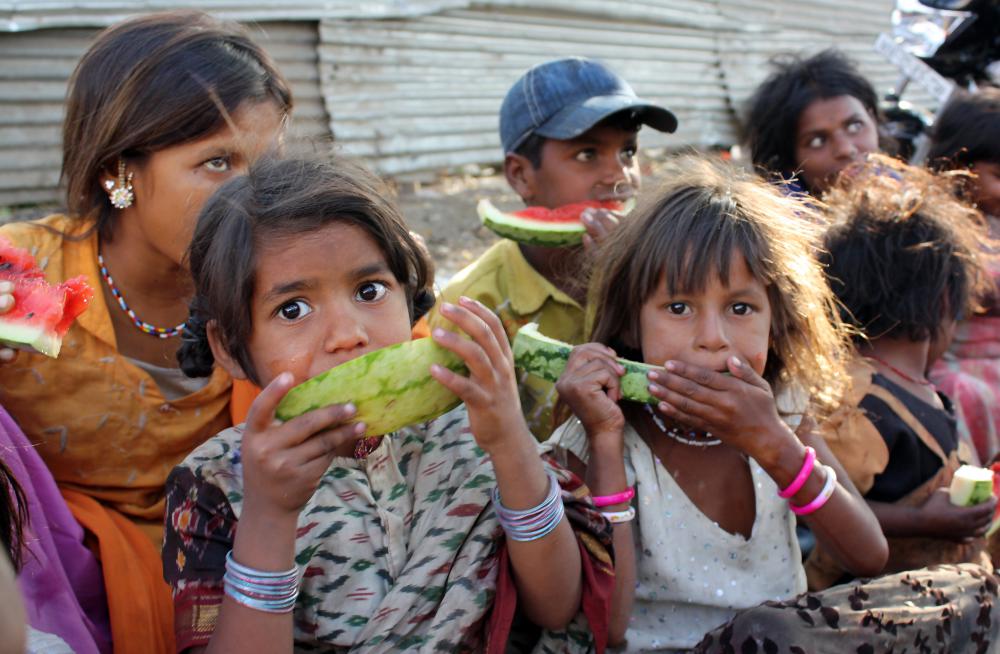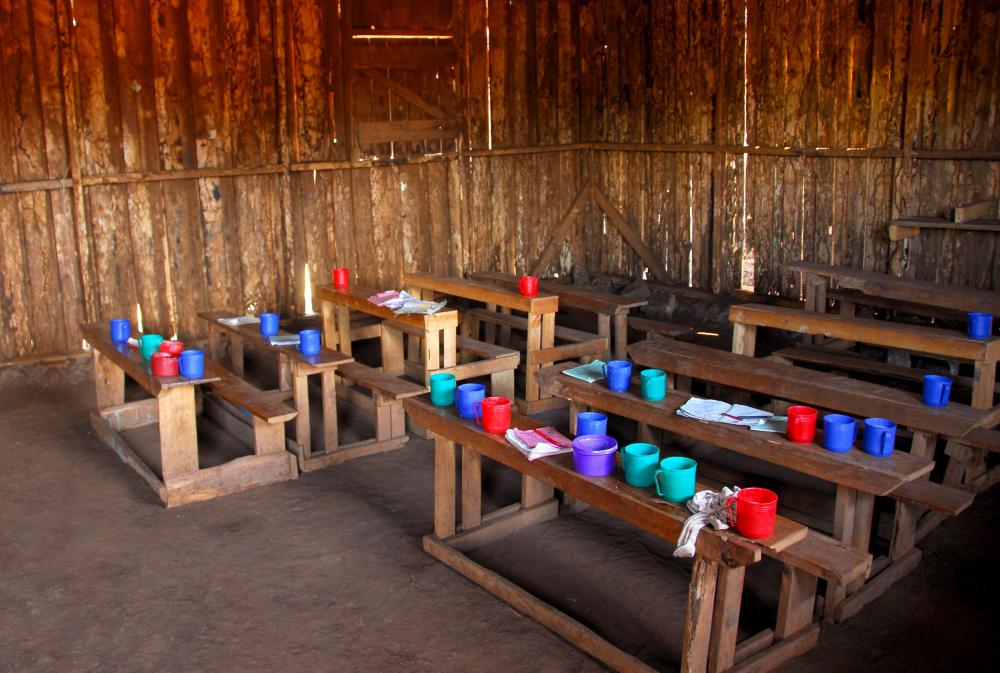At SmartCapitalMind, we're committed to delivering accurate, trustworthy information. Our expert-authored content is rigorously fact-checked and sourced from credible authorities. Discover how we uphold the highest standards in providing you with reliable knowledge.
What Is the Cycle of Poverty?
Often, children born into poverty grow to live their adult lives in poverty as well. Lack of proper nutrition, poor health care, absence of quality education, and limited employment prospects are all factors in the cycle of poverty. As these children tend to be geographically gathered in areas of financial depression, this lack of services and opportunities frequently affects entire communities.
For many children, the cycle of poverty begins even before birth. Poor access to prenatal care means higher maternal and infant mortality rates. In impoverished areas, poor prenatal nutrition and untreated maternal medical issues lead to smaller, less developed babies. The chances of physical and intellectual birth defects are also higher.

Unfortunately, babies who lacked proper nutrition and medical care in the womb rarely fare better after they are born. Lacking access to nutritious food, these children fall farther behind in growth and brain development. Without immunizations and regular medical care, these children, already weakened by malnutrition, can fall victim to a host of contagious diseases. The children who survive are further weakened by these experiences.

The cycle of poverty is perpetuated as developmentally delayed children enter schools that are woefully inadequate. Generally, impoverished communities have poorly funded educational systems. Without the money to hire quality teachers in sufficient numbers, these schools are often unable to provide even basic education. The textbooks and computer equipment needed to prepare students for college may be simply unobtainable.

Higher education may be unrealistic for children caught in the cycle of poverty. Without the skills children in more affluent areas develop, these children rarely leave the areas where they grew up. As time progresses, the cycle repeats itself until the community, as a whole, is uneducated. The lack of skilled workers makes new industry within the area unattractive to businesses. No new jobs are created, and thus, no finances are available for community improvement.

In theory, the cycle of poverty could be broken at any stage of its development. In practice, however, economic intervention programs have had limited success. The introduction of nutritional education and maternal health programs into economically disadvantaged areas, for example, has reduced maternal and infant mortality. These programs have also improved childhood health. Unfortunately, this improvement in health has had a barely negligible impact on whether these children will stay impoverished as adults.

Many opponents of social welfare programs attribute the failure of interventions to the culture of poverty. This phrase was first coined by the anthropologist Oscar Lewis in the 1950s. Lewis believed that poverty was a highly developed subculture, complete with its own norms and ethics. As such, he believed that children raised in the cultures were psychologically incapable of imagining a different existence.
AS FEATURED ON:
AS FEATURED ON:















Discuss this Article
Post your comments